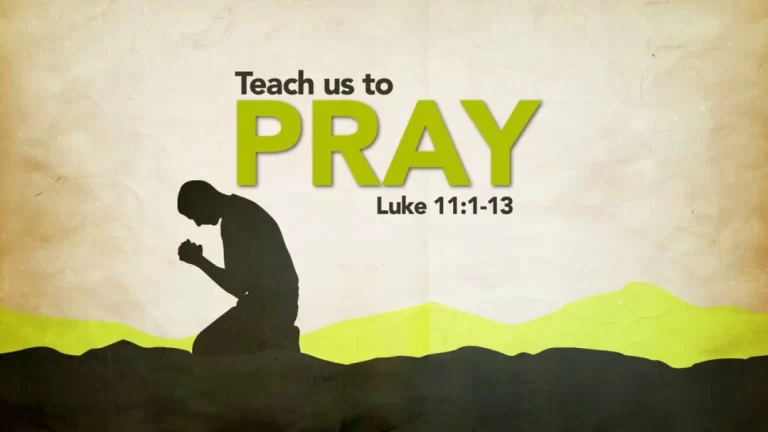
Tithing, or giving a tenth of one’s income or produce, is discussed in several parts of the Bible. Here are some key points:
- Old Testament Foundations: Tithing is first mentioned in Genesis 14:20, where Abram gives a tenth of his spoils to Melchizedek. The practice is further codified in the Law of Moses, particularly in Leviticus 27:30-32 and Deuteronomy 14:22-29, where the Israelites are instructed to give a tenth of their agricultural produce and livestock to support the Levites and the temple.
- Purpose of Tithing: The Old Testament emphasizes tithing as a means to support the religious leaders and the temple, as well as to provide for the poor and marginalized (Deuteronomy 14:28-29).
- New Testament Perspective: While the New Testament does not explicitly command tithing, it does speak to the principles of generosity and giving. In 2 Corinthians 9:6-7, Paul encourages believers to give willingly and cheerfully, reflecting a spirit of generosity rather than a legal obligation.
- Jesus’ Teachings: Jesus acknowledges tithing in Matthew 23:23, where he critiques the Pharisees for their meticulous tithing while neglecting justice and mercy. This suggests that while tithing is important, it should not overshadow more significant moral obligations.
- Faith and Stewardship: Many contemporary interpretations emphasize that tithing is a starting point for generosity rather than a strict requirement, encouraging believers to be stewards of their resources in a way that reflects their faith and commitment to God.
Overall, tithing is seen as an act of worship and trust in God’s provision, with the emphasis shifting from a obligation to a generous heart.


